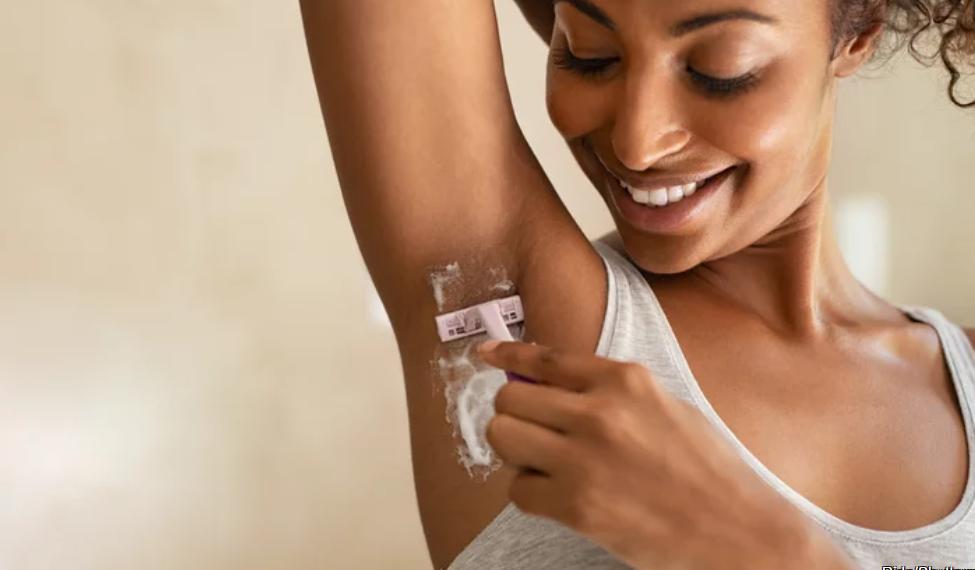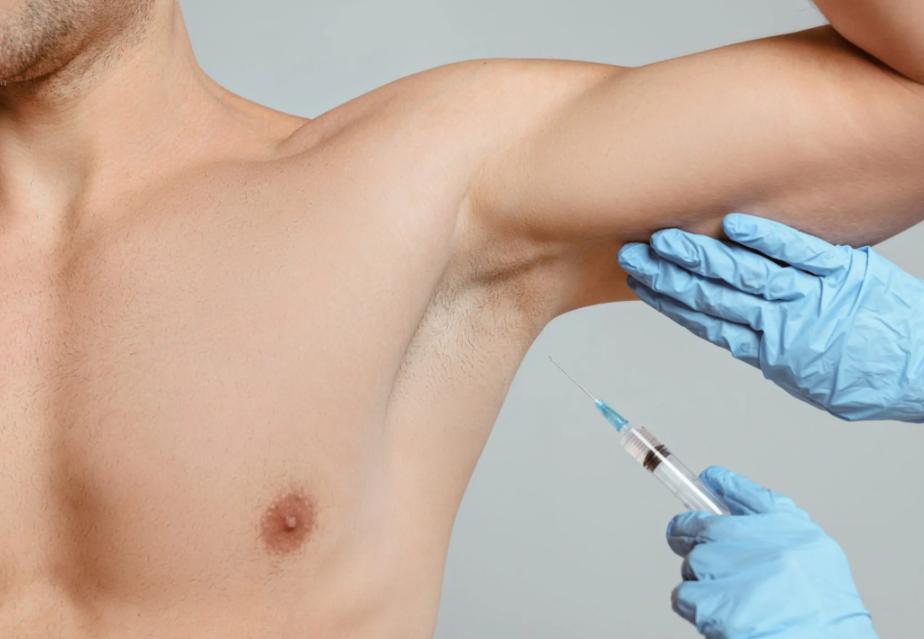Sweating in the underarm area is a common concern. Many people believe that shaving their armpits can reduce sweat production. Does shaving your armpits reduce sweat? Is this belief based on fact or is it just an old wives' tale? While shaving can remove hair, it does not directly impact the sweat glands themselves. Let’s dig deeper into the nuances of sweat production and explore the role of armpit hair in moisture, odor, and how different factors contribute to overall body odor.

Understanding Sweat Production and Its Causes
Sweating is a natural process that helps regulate body temperature, but when it becomes excessive, it can lead to discomfort. Let’s take a closer look at the common causes of excessive underarm sweating.
What Causes Excessive Underarm Sweat?
Excessive underarm sweating, medically known as axillary hyperhidrosis, can be due to various factors. Genetics play a significant role; if family members experience excessive sweating, you’re more likely to face the same issue. Other causes include hormonal changes, stress, obesity, and certain medical conditions.
The Science Behind Sweat Glands
There are two main types of sweat glands: eccrine and apocrine glands. Eccrine glands are found all over the body and produce a watery sweat that helps cool the body. Apocrine glands are found in areas with a lot of hair follicles, such as the armpits, and produce a thicker sweat that can contribute to body odor when it comes into contact with bacteria on the skin.
The Role of Armpit Hair in Sweat and Odor
Armpit hair does more than just grow; it plays a role in the sweat process and body odor. Let’s examine this role more closely.
Does Hair Trap Sweat or Affect Temperature?
Armpit hair can trap sweat, which may make you feel as though you are sweating more. Hair in the armpit area can also affect the evaporation rate of sweat. While hair itself does not increase sweat production, it can alter how sweat is managed by the body. Trapped sweat due to armpit hair may contribute to a damp feeling.
How Armpit Hair Can Affect Odor
Odor occurs when sweat mixes with bacteria on the skin. Armpit hair can harbor bacteria and potentially increase the occurrence of body odor. Shaving your armpits can reduce the surface area where bacteria can thrive, potentially leading to less odor. By removing hair, you may also make it easier to apply deodorant, helping to keep you fresher for longer.
Does Shaving Your Armpits Actually Reduce Sweat?
The concept of shaving to reduce sweat has been around for a long time. But how effective is this method really?
The Myth of Sweat Reduction with Shaving
It’s a common myth that shaving can reduce sweat production. Sweat is produced by glands located under the skin, not by the hair on the surface. Shaving only removes hair from the skin's surface and does not affect the sweat glands. Therefore, the act of shaving itself doesn’t influence how much you sweat, despite popular belief.
What Studies Say About Hair and Sweat Production
Scientific studies have shown that shaving does not significantly reduce sweat production. While it may make some people feel cooler and cleaner, the reduction in sweat is more about personal comfort and hygiene rather than a decrease in actual sweat production. The presence of hair does not affect the body's sweat glands, which continue to function normally regardless of shaving.
Benefits of Shaving Armpits Beyond Sweat Reduction
While shaving might not reduce sweat, it does have other benefits worth considering.
Aesthetic and Hygiene Benefits of Shaving Armpits
Shaved armpits are often perceived as more aesthetically pleasing and can contribute to improved hygiene. This practice also makes it easier to apply antiperspirants and deodorants more effectively, ensuring better odor control. Additionally, shaving can lead to a cleaner feeling since sweat and odor-causing bacteria are less likely to cling to hair, keeping the underarm area fresher throughout the day.
How Shaving Armpits Affects Skin Health
Regular shaving can exfoliate the skin, removing dead skin cells and promoting a smoother complexion. However, shaving must be done carefully to avoid irritation, cuts, and ingrown hairs. To prevent these issues, ensure you're using the right shaving technique, a sharp razor, and appropriate aftercare. Proper moisturization and exfoliation can further enhance skin health and reduce the risk of irritation.

Alternative Methods to Manage Underarm Sweat Effectively
If shaving doesn’t reduce sweat but you still want to manage it, other strategies can help.
Antiperspirants vs. Deodorants: What’s the Difference?
Antiperspirants block sweat glands temporarily, reducing sweat production, while deodorants mask the odor caused by bacteria breaking down sweat. Both products serve different purposes, with antiperspirants focusing on controlling sweat and deodorants targeting odor. Selecting the right product based on your specific needs, such as long-lasting protection or odor control, can significantly reduce underarm discomfort and help maintain freshness throughout the day.
Medical Treatments for Excessive Sweating
For those dealing with hyperhidrosis, medical treatments are available to help manage excessive sweating. Options include prescription-strength antiperspirants, Botox injections to temporarily block nerve signals, and even surgical procedures such as sympathectomy or sweat gland removal as a last resort. Consulting with a healthcare professional can help determine the most suitable treatment based on the severity and specific needs of the individual.
Conclusion
Shaving your armpits does not reduce the actual production of sweat. However, it can decrease the development of body odor and contribute to a cleaner feeling, offering both aesthetic and potential hygiene benefits. If you're wondering does shaving your armpits reduce sweat, the answer is no, but without the hair trapping sweat and odor, it may feel fresher and cleaner. To manage underarm sweat effectively, consider using antiperspirants, which block sweat glands, or explore medical treatments like Botox or prescription solutions if needed for excessive sweating.
FAQs
Does shaving armpit hair completely eliminate body odor?
Shaving armpit hair reduces the amount of area available for bacteria to thrive, which can lessen body odor. However, it does not completely eliminate it, as odor is primarily caused by the interaction of sweat and bacteria.
Are there any health risks associated with shaving armpits?
Shaving armpits can pose risks of cuts, skin irritation, and ingrown hairs. To minimize these risks, use a clean, sharp razor, shave in the direction of hair growth, and hydrate your skin after shaving.
What are the most effective ways to reduce underarm sweating?
Effective ways to reduce underarm sweating include the use of antiperspirants, maintaining good hygiene, wearing breathable clothing, and seeking medical treatments for severe sweating conditions like hyperhidrosis.
